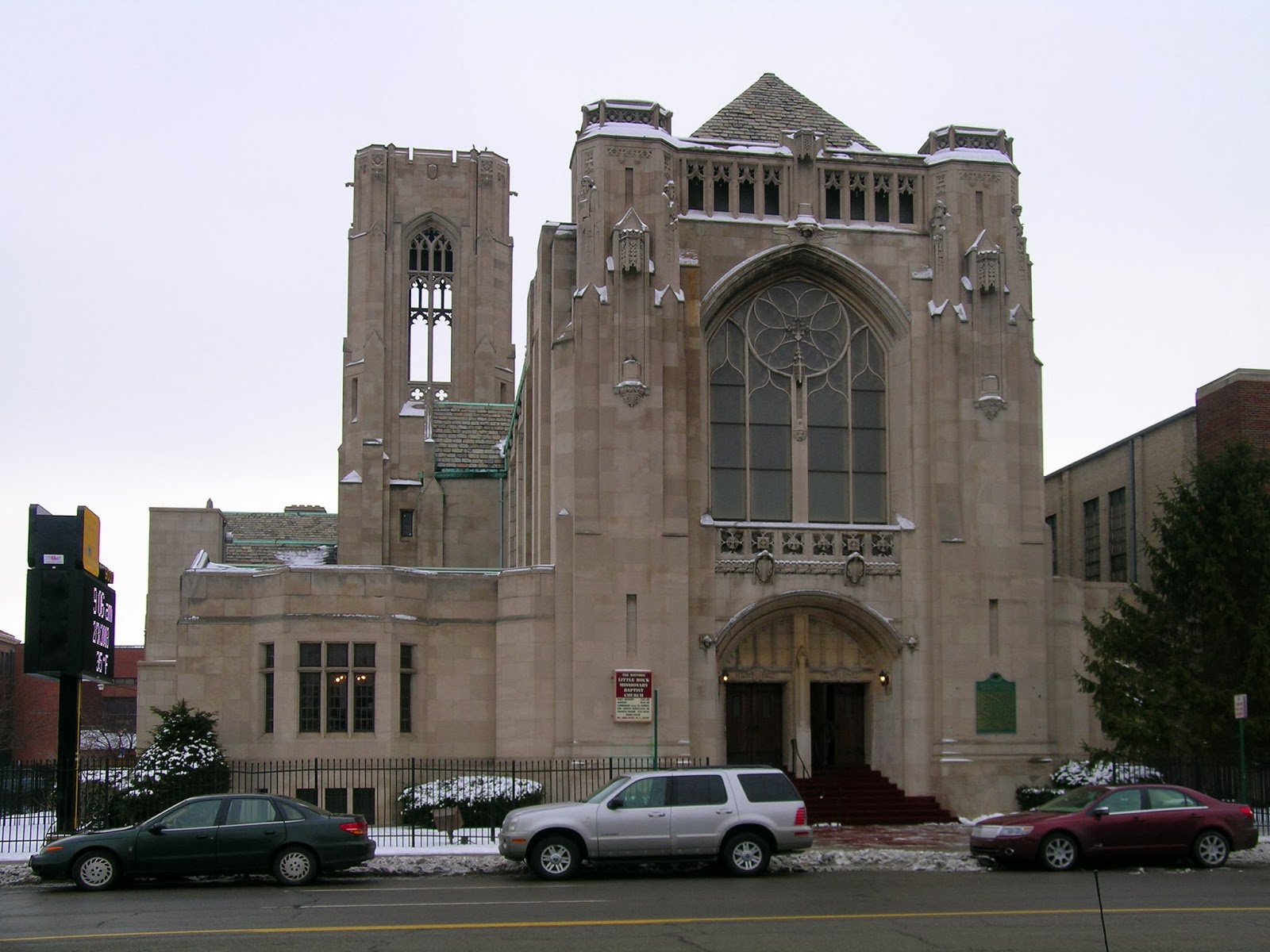Institution Based Organizing in an anti-Institutional Age
 |
| Old Central Woodward Christian Church, Detroit |
I have been in the think of congregation-based community organizing for the past three plus years. The promise of this organizing philosophy, which has been around since the 1940s suggests that congregations can benefit from community organizing principles, even as they organize for action in the community.
Yesterday, a group of us gathered under the auspices of the Metro Coalition of Congregations, which i serve as President, to hear from a nationally known leader in community organizing speak about how to grow our coalition so we can achieve the necessary power to affect change in society. He shared principles that we learned early on in our trainings for organizing. I believe the principles are valid and valuable, but a question came to mind -- how does institutional based organizing work in a supposedly anti-institutional age.
As I was thinking about this -- the growing sense of disconnect with institutions -- I began to think as well about movements like the Occupy Movement. That movement seemed to make a lot of noise, but it intentionally chose not to organize and institutionalize. It reflected a spirit of the age, but did it accomplish what it set out to do? That is, can we accomplish change in society without institutions?
This leads to the church. We know there is a lot of discontent with the institutional church. Many are choosing to be spiritual but not religious. While I understand the sentiment, the question remains -- how do we accomplish transformative work in our world without organizing into institutions of some sort? Now, we can ask a further question -- are institutions permanent? That is, will institutions come and go, or at the very least evolve over time, in order to accomplish stated goals?
This post, today, may seem a bit rambling on the surface, but that's because I'm thinking out loud with you the reader. I'm inviting you to consider what the work of God, for instance, looks like without some kind of structure? It can be local or go beyond local, but how do we organize for the common good without institutions?
Comments
The occupy movement could only function for a short amount of time, and none of its goals were ever accomplished, except to raise their issues in people's consciousness for a short time. But because there was no united set of beliefs, or an institutional structure, or both, they failed. You've got to be organized to accomplish your mission. Or dedicated to a single set of detailed beliefs.